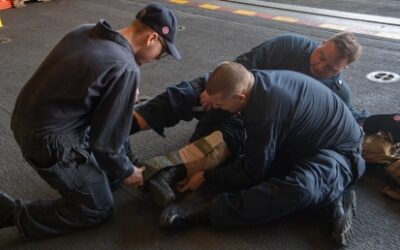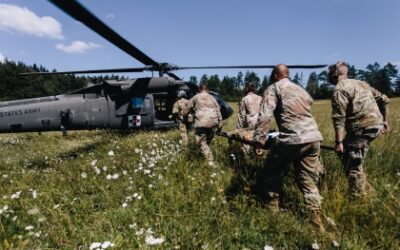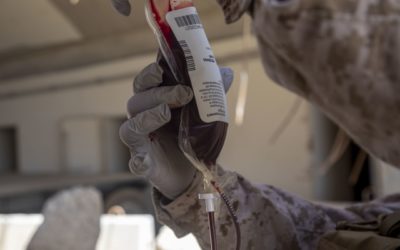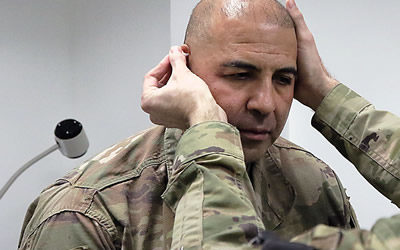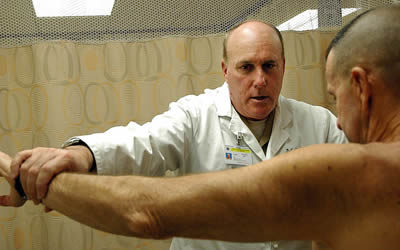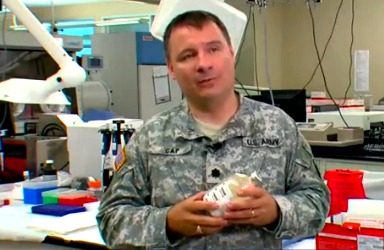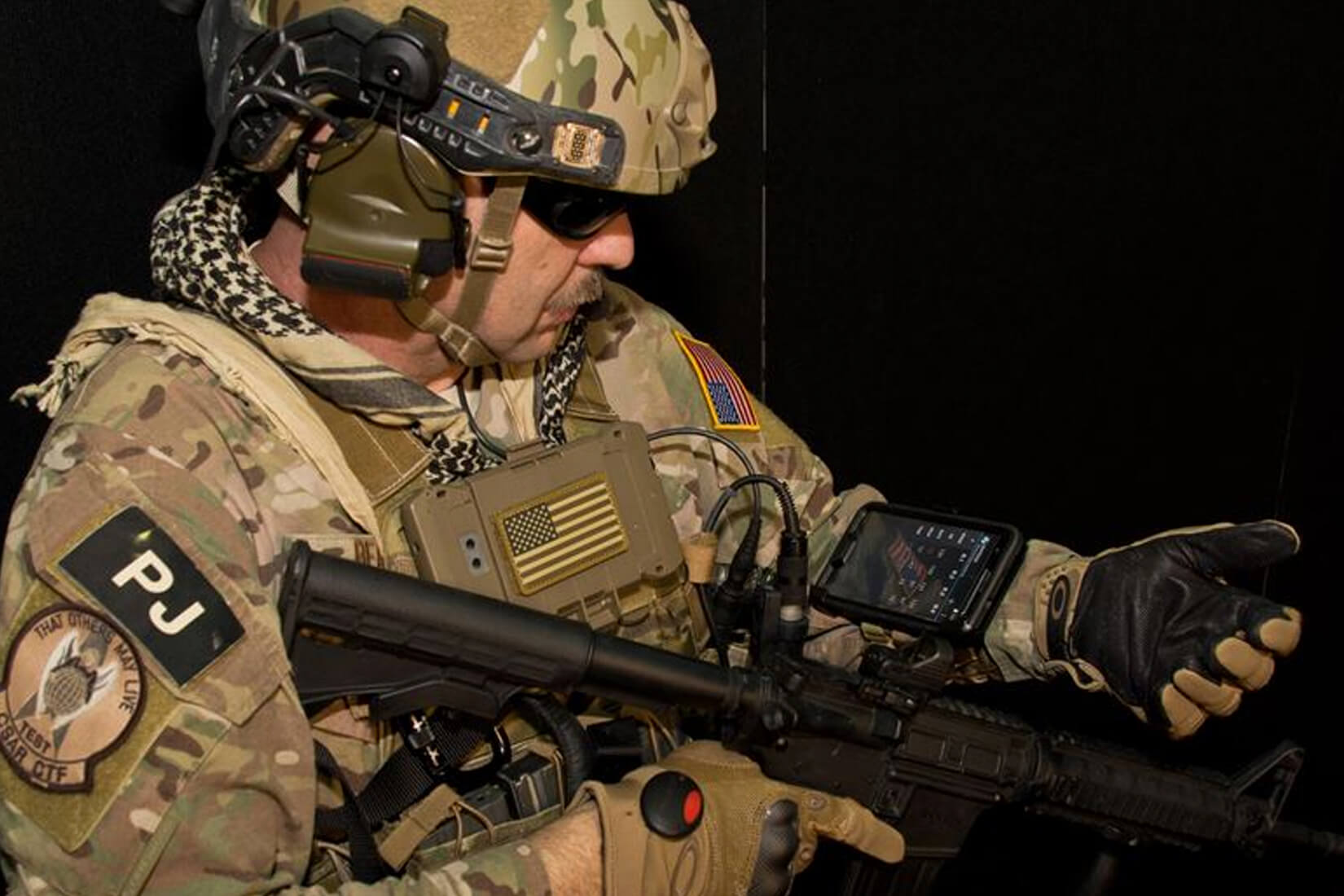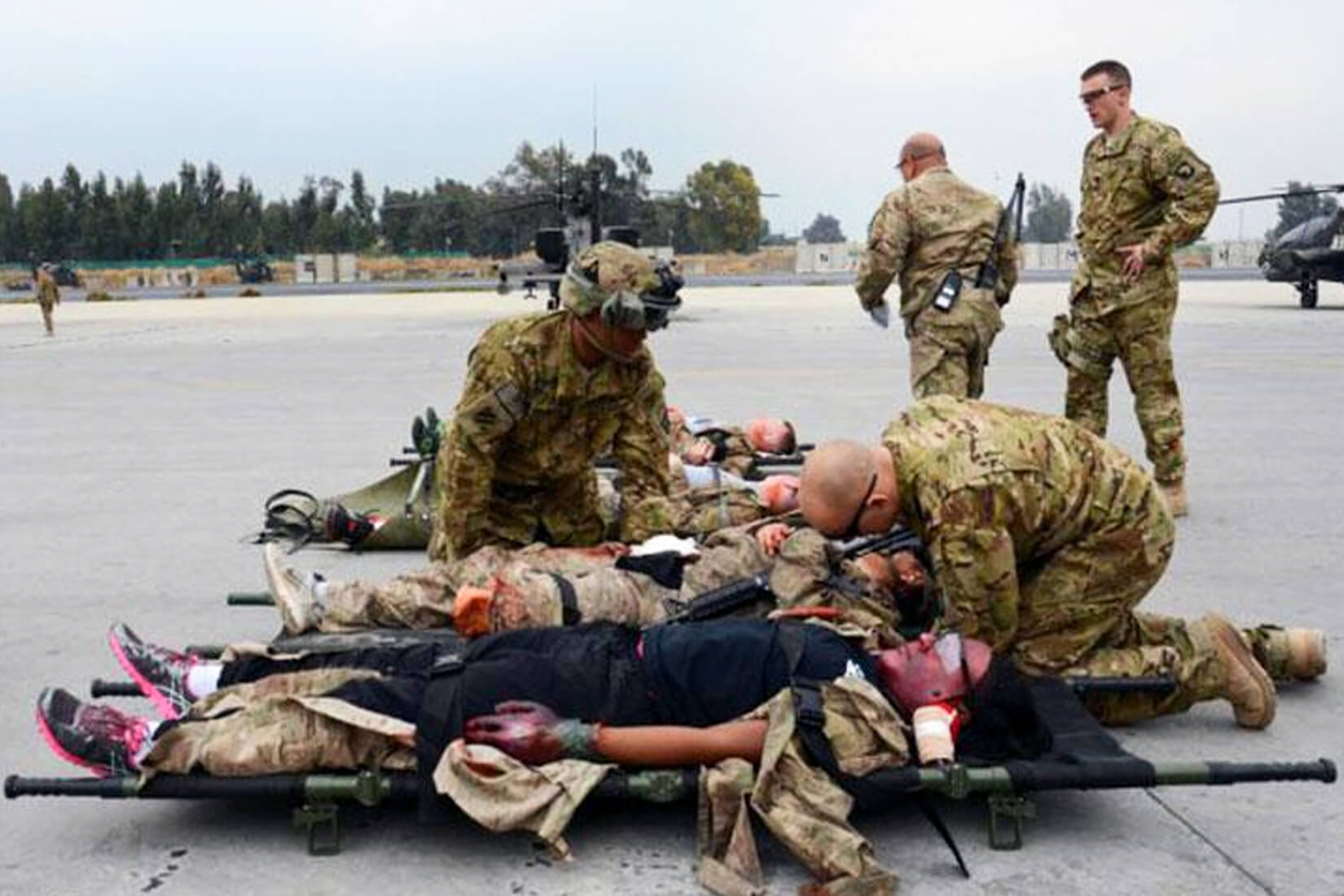The current state of combat-casualty readiness in the military health system has degraded to the point where the country is unprepared to care for the casualties that would result from a major conflict, experts told Congress last month.
Military Plans for Casualty Care After Future Large-Scale Combat Operations
In planning and preparing for the future possibility of large-scale combat operations, military medicine might have to decide which wounded warriors can have delayed evacuations.
Fresh Whole Blood Transfusion Improves Outcomes in Military Settings
For much of the history of modern medicine, whole blood was the best—and only—option for patients needing transfusion after surgery or major trauma.
Post-Surgical Pain, Opioids Decreased in Veterans Who Received Acupuncture
DETROIT—Using acupuncture in veterans facing surgery resulted in less post-surgical pain and the use of fewer opioids to manage it, according to new research. The randomized, controlled study was presented at the Anesthesiology 2020 annual meeting and found that VA...
Auricular Acupuncture Effective for Short-Term Pain
FARGO, ND — Battlefield Acupuncture is a unique auricular procedure use by many VHA facilities, according to a new study which suggested that, based on past research, it can reduce pain for up to two weeks.
Surgeon Recognized Need for Better Battlefield Care of Orthopedic Injuries
SAN DIEGO—During his first deployment as part of Operation Desert Storm in 1991, Dana Covey, MD, noticed a gap between the injuries that were occurring on the battlefield and the ones that forward surgical teams were most equipped to handle.
Army Doctor’s Unique Training Helps Improve Battlefield Medicine
SAN ANTONIO— Col. Andrew Cap, the division chief of Acute Combat Casualty Research at the Army Institute of Surgical Research, admits that he’s the last person you want to ask for advice on how to plan out a career in medical research.
Military Services Develop Remote Monitoring to Improve Battlefield Medicine
What if battlefield medics could monitor multiple injured servicemembers in the field thought a new electronic monitoring tool?
Study Looks at Soldiers’ Pre-Deployment Respiratory Health
The respiratory health of military personnel deployed to Southwest Asia continues to be an issue of great concern in light of their exposures to a variety of environmental hazards.
‘Hacking’ to Improve Care for Wounded Warriors
Hacking isn’t always a bad thing, especially if the result is devices that can help protect servicemembers from injuries.

